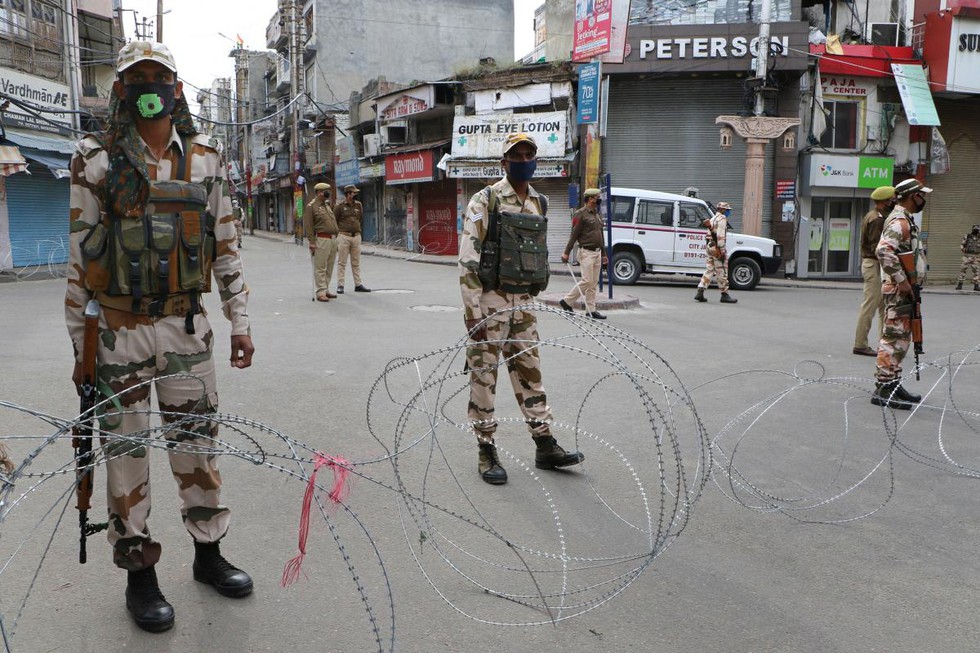The Supreme Court has agreed to review a petition challenging prohibitory orders issued under Section 144 of the Code of Criminal Procedure (CrPC), particularly those imposed during elections. The petition, filed by social workers Aruna Roy and Nikhil Dey, aims to address the widespread issuance of blanket Section 144 orders by magistrates and state governments, which restrict assemblies, meetings, and demonstrations.
Background
- Section 144 of the CrPC empowers authorities to issue orders in urgent cases of nuisance or apprehended danger.
- The petitioners allege indiscriminate issuance of blanket Section 144 orders, especially during election periods, which they argue are illegal and unconstitutional.
Court’s Direction
- Justices B R Gavai and Sandeep Mehta instructed competent authorities to decide on applications for ‘yatras’ or public meetings related to election education within three days.
Petition’s Argument
- Advocate Prashant Bhushan, representing the petitioners, highlighted the widespread use of blanket Section 144 orders throughout election periods.
- The petition contends that the conduct of elections is not a valid ground for invoking Section 144, nor does it constitute an emergent situation justifying sweeping prohibitory orders.
- It argues that these blanket orders impede public participation in the democratic process, infringe upon freedoms guaranteed under Article 19, and violate the fundamental principle of free and fair elections.
Allegations
- The petition alleges that such prohibitory orders create a climate of fear and inhibit citizen participation by subjecting it to stringent policing regulations.
Multiple Choice Questions (MCQs):
- What legal provision do the prohibitory orders challenged in the petition fall under?
- A) Section 144 of the IPC
- B) Section 144 of the CrPC
- C) Article 19 of the Constitution
- D) Article 144 of the Constitution
- Answer: B) Section 144 of the CrPC
- Who filed the petition challenging the blanket Section 144 orders?
- A) Prashant Bhushan
- B) B R Gavai
- C) Aruna Roy and Nikhil Dey
- D) Sandeep Mehta
- Answer: C) Aruna Roy and Nikhil Dey
- What did the Supreme Court direct competent authorities to decide on within three days?
- A) Blanket Section 144 orders
- B) Applications for public meetings related to election education
- C) Petitions challenging election results
- D) All of the above
- Answer: B) Applications for public meetings related to election education
- Which constitutional right do the petitioners argue is infringed upon by blanket Section 144 orders?
- A) Right to equality
- B) Right to freedom of speech and expression
- C) Right to property
- D) Right to education
- Answer: B) Right to freedom of speech and expression
